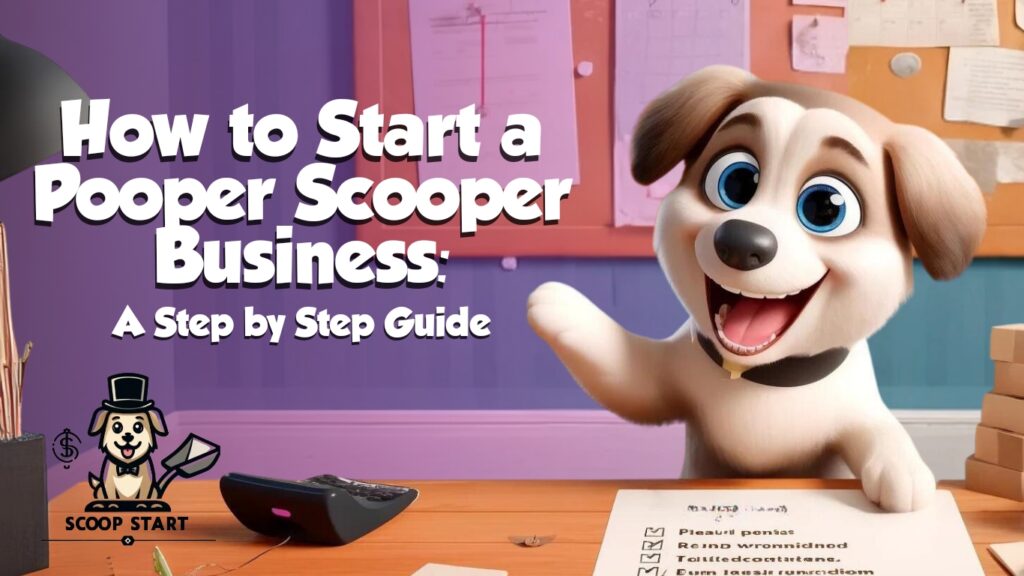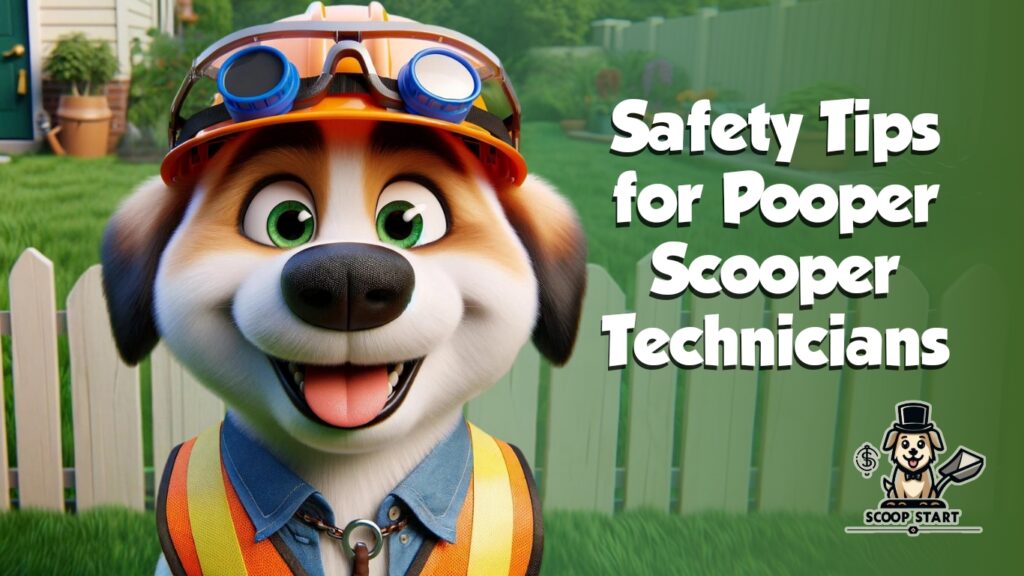Starting a pooper scooper business can be a lucrative and rewarding venture. However, before you begin scooping, it’s essential to understand the legal requirements involved in setting up your business. This guide will walk you through the key steps you need to take to ensure your pooper scooper business operates smoothly and in compliance with local regulations.
This is not legal advice, and different regions, may have different requirements. Use this guide for additional information, but make sure to do your own research and speak with local regulators to ensure compliance.
1. Business Structure and Registration
Choosing a Business Structure
The first step in starting your pooper scooper business is deciding on a business structure. Common options include:
- Sole Proprietorship: Simplest structure, but offers no personal liability protection.
- Partnership: Suitable if you’re starting the business with someone else. Like sole proprietorship, it doesn’t protect personal assets.
- Limited Liability Company (LLC): Offers liability protection and tax flexibility. This is a popular choice for small businesses.
- Corporation: More complex and suitable for larger businesses with shareholders.
Registering Your Business
Once you’ve chosen a structure, you need to register your business with the appropriate state and local authorities. This often involves:
- Filing Articles of Incorporation or Organization: Required for LLCs and corporations.
- Registering a DBA (Doing Business As): If you’re operating under a trade name different from your legal business name.
- Obtaining an Employer Identification Number (EIN): Necessary for tax purposes and required if you have employees.
2. Business Licenses and Permits
Local Business License
Most cities or counties require a general business license to operate legally. Check with your local city hall or county clerk’s office to find out the specific requirements for your area.
Special Permits
Depending on your location, you might need additional permits or certifications, especially if you’re handling animal waste. This could include:
- Health Department Permits: Required in some areas to ensure sanitary handling and disposal of waste.
- Waste Disposal Permits: You may need to comply with local regulations regarding the disposal of pet waste.
3. Zoning and Environmental Regulations
Zoning Laws
Ensure that your business location complies with local zoning laws. This is particularly important if you’re running the business from home or storing equipment in a residential area.
Environmental Regulations
Handling pet waste involves specific environmental considerations. Be aware of:
- Disposal Methods: Properly dispose of pet waste according to local environmental regulations. This might involve using specific waste disposal services.
- Environmental Impact: Ensure your operations do not negatively impact the environment, which could lead to fines or other penalties.
4. Insurance
General Liability Insurance
Protects your business from claims of bodily injury, property damage, and personal injury that could arise from your business operations.
Professional Liability Insurance
Also known as errors and omissions insurance, this covers your business against claims of negligence or mistakes in your services.
Workers’ Compensation Insurance
If you have employees, most states require you to carry workers’ compensation insurance to cover medical expenses and lost wages in case of work-related injuries or illnesses.
5. Contracts and Agreements
Terms of Service
Draft clear and concise terms of service for your clients. These terms should outline the scope of services, payment terms, cancellation policies, and liability waivers.
Employment Agreements
If you’re hiring employees, ensure you have detailed employment agreements in place. These should cover job duties, compensation, work schedules, and termination conditions.
6. Tax Requirements
Federal Taxes
Register for an EIN with the IRS if you haven’t already. File federal income tax returns annually and pay any applicable federal taxes.
State Taxes
Register for state taxes, including state income tax, sales tax, and employment taxes. Requirements vary by state, so check with your state’s tax authority.
Local Taxes
Some localities may have additional tax requirements. Ensure you comply with all local tax obligations.
7. Health and Safety Regulations
OSHA Compliance
Adhere to Occupational Safety and Health Administration (OSHA) guidelines to ensure a safe working environment for you and your employees.
Training
Provide adequate training for your employees on handling pet waste safely, using equipment, and dealing with aggressive animals.
Conclusion
Starting a pooper scooper business involves several legal steps and requirements. By understanding and complying with these regulations, you can ensure your business operates smoothly and avoids any legal pitfalls. At Scoop Start, we’re here to support you with all the resources you need to launch and grow your pooper scooper business successfully.
For more tips and insights, explore our other blog posts like our full guide on starting a pooper scooper business. Happy scooping!



